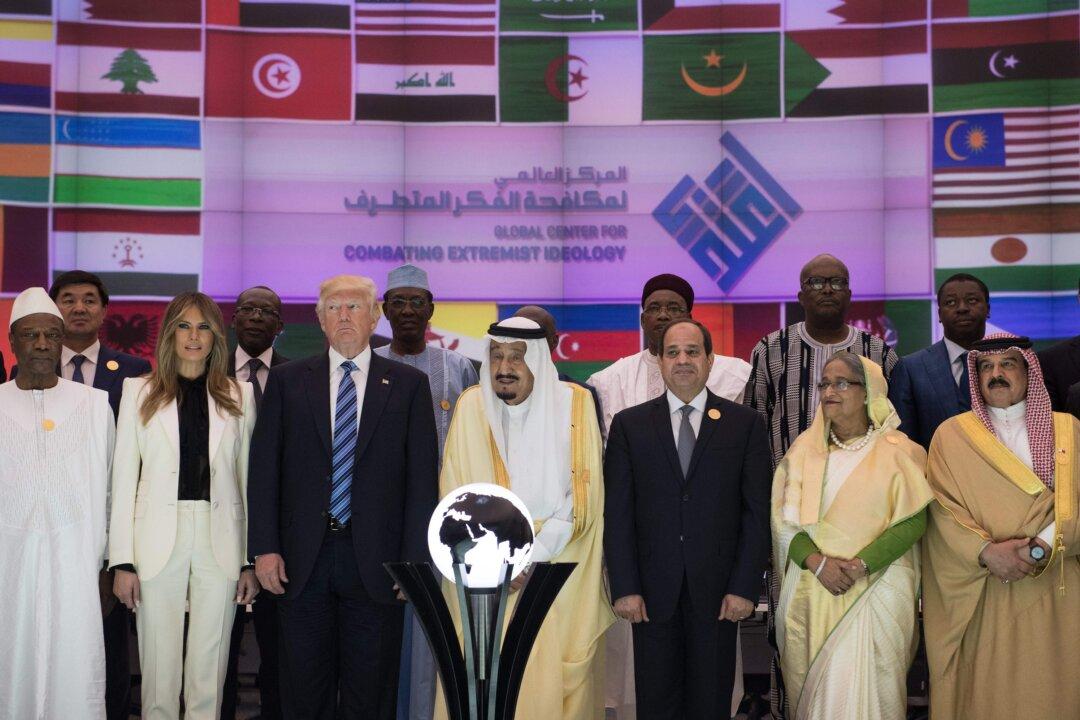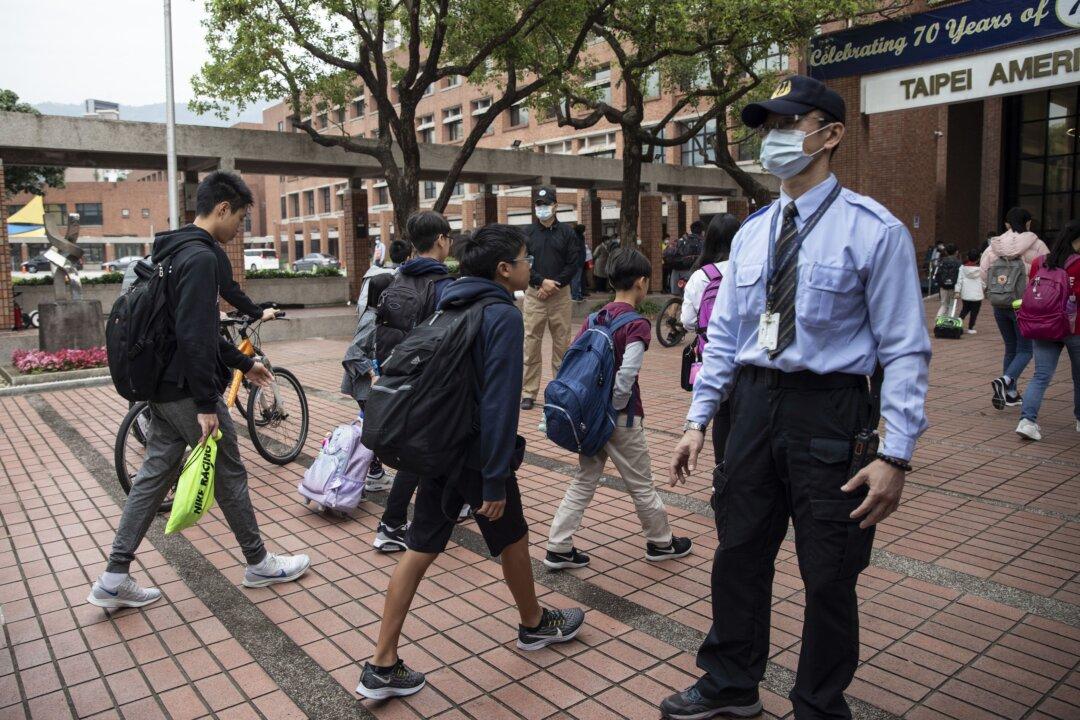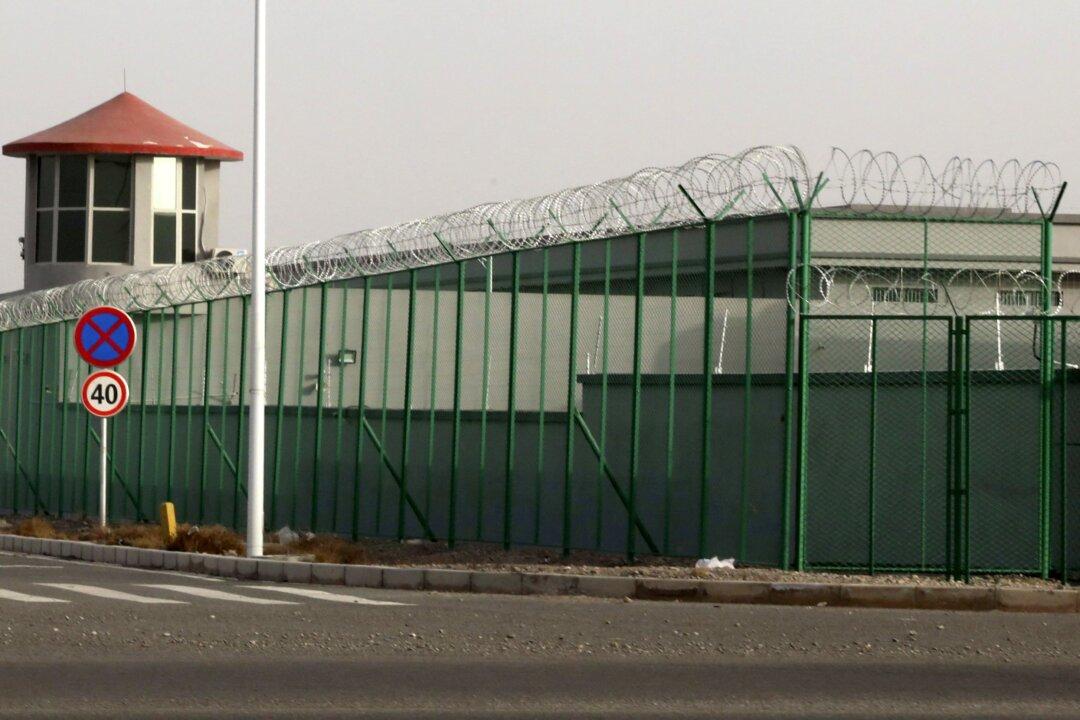Over one and a half billion Muslims—Sufis, Sunnis, and Shias, and their offshoots, the Ahmadiyyas, Alawites, Bahais, and Ismailis—live peacefully as good neighbors and valued global citizens. Unfortunately, a sect, Wahhabism, has long encouraged virulently anti-Western ideas and became what The Economist terms “a petri dish for jihadism.”
Wahhabi clerics have been close to the al Saud dynasty since the mid-18th century, offering Islamic legitimacy in exchange for control over mosques and universities.





